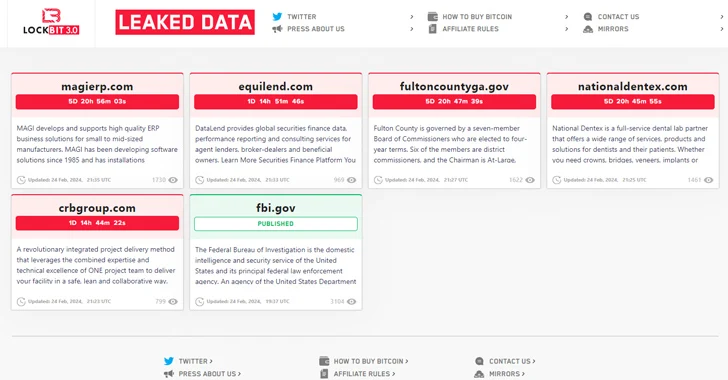The idea is to use 100,000 photographs as a parameter to define tattoos that relate to violent and criminal activities!
Think about getting a tattoo? It is worth spending time choosing the design – and not just because it is permanent. The FBI wants to create a software that identifies, automatically, tattoos related to criminal organizations, religious groups, political ideologies and gangs.
One in Five people in the US has a tattoo – although many tattoos appear the same, the FBI understand that each tattoo has unique artist specific signatures. The idea, then, is to create a computer program that can recognize and classify some of these signatures and/or meaning, especially those that have to do with violent behavior. The software would work from an image bank, composed of thousands of photos of inmates tattoos.
Must Read: Tattoo Recognition System Could Identify Criminals Very Soon
There are two objectives: first, to identify people using the drawings on the skin; Second, verify that they participate in violent groups such as gangs or criminal organizations. The FBI is not alone in this: the project is being developed together with the National Institute of Technology (NIST), one of the oldest federal institutions in the US. Since 2014, NIST gathered 15,000 photos of prisoners tattoos, from which it is possible to interpret cultural symbols with 90% accuracy. But the second goal of the software – to recognize people only by tattoos – is not yet possible.
See Also: Biohackers implant LED’s under the skin
So the next step is to further feed the image bank: the FBI and the Institute intend to complete 100 000 photographs of tattoos, with Florida, Tennessee, and Michigan prison photos. But is using tattoos to identify individuals ethical? The Electronic Frontier Foundation (EFF), an organization that defends civil rights in the digital world, stood against the project.
[fullsquaread][/fullsquaread]
Their concern is, the software violates the freedom of expression and privacy – not just because people would automatically be classified as criminals by virtue of the tattoos they have, but also because many of the photos taken of prisoners contained personal information (such as names, birth dates and even pictures), and were exposed without permission. To make matters worse, the EFF accuses the FBI of having delivered the images to 19 private organizations without any restriction of use, which also violates the privacy of prisoners. The software, however, still has no release date.
[src src=”Source” url=”https://www.fbi.gov/news/podcasts/thisweek/tattoo-recognition.mp3/view”]FBI[/src]










